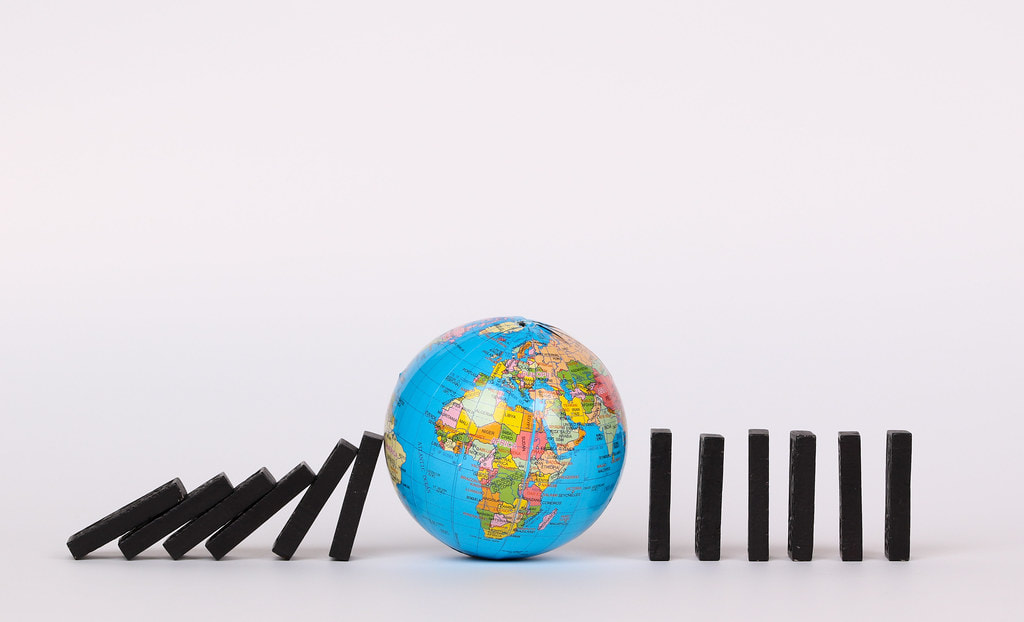IntroductionIf you’ve been thinking about going global, now is the time to do it. You have a case of e-commerce sales expected to hit $4.5 trillion in 2021 and social media becoming the modern rendition of a town square on a global scale. This makes the traditional barriers to entering new markers barely five inches above the ground. As an ambitious business owner, you can start by winning your local market. Then, it’s only natural to start looking outwards into the rest of the world. The way to do so is by creating a global branding strategy that’s ready for market fluctuations on the global level, never mind the language barriers. Yet, it’s more than worth it. What is Global BrandingAlright, we know it’s rather exciting, so we understand why you’d like us to jump right into it. However, let’s explore what global branding entails before catapulting into the unknown. In the simplest of terms, global branding is a method of designing standardizes global advertising and marketing strategies. These strategies are used to develop —and market— a product or service to be recognized on the global level. By using the same marketing strategy to promote the brand everywhere it’s on offer, the business can confirm that the brand’s values are consistent across all markets. Now that we have the definition pat-down, let’s talk about the top five benefits of global branding. 1. Increases the Effectiveness of Products or ServicesWhen you’re competing globally, you’ll be forced to do —at least— double the effort you put in product development or services on the local level. You’ll grow and learn from your mistakes, as well as become more effective at rolling out better products and services. This happens due to the wider exposure of your business to a worldwide audience. You’ll be getting feedback in a variety of languages and across different cultures. Make sure you have a language service provider because you’ll need it. 2. Creates a Strong Competitive AdvantageLeveraging a global market can open a variety of business doors, from investment opportunities to a stronger reputation at home. When you’re competing with local businesses, you’ll be able to use the knowledge you have from marketing to a global audience to your local environment. For instance, say you’re noticing an emerging business trend on a global scale. You can use you’re already existing infrastructure and connection to catch the wave right before it reaches its highest point. 3. Boosts Customer AwarenessIn this day and age, reaching out to a company across the world would take the average person less than five minutes and a couple of clicks, and vice versa. Therefore, having a global branding strategy you can easily open communication lines between your company and your customers wherever they are. You can inform them about any recent brand updates, and they can share that with their friends and family. This can immensely grow your customer base with barely any effort on your part. 4. Grants Greater Access to TalentOne of the great benefits of going global is the ability to tap into global employee markets, especially the ones rich with unique skills and mindsets. Naturally, this gives you a substantial edge over other competing companies in your industry that haven’t gone global. 5. Diversifies Your Company’s MarketsNothing helps with managing risk better than diversifying your markets. What better way to do so than expanding globally? With a limited local market, you may experience anything from a traditional downswing of your industry’s business cycle or a natural disaster that wipes the demand for your services. However, once you diversify your markets by adding multiple global ones to your portfolio, that will stabilize your revenue sources. How to Expand Your Brand GloballyIt’s awfully clear that you’ll need more than a couple of social media accounts to create a solid global branding strategy. There are a couple of main steps you’ll need to take in order to avoid misunderstandings across borders from occurring. Choose the Right Market
It might seem intuitive at first to aim for the biggest markets out there. By biggest, we mean markets with the highest number of potential customers. However, that may lead to stretching your budget too thin trying to cover every customer segment available in big markets. In addition, you might start running into relevancy problems. The way to go would be focusing on an expansion market that isn’t necessarily the biggest, but the one most relevant to your brand and the services that you have to offer. Make sure to aim for markets where you’ll be able to address your customer’s pain points via your products and services. Research Until You Drop If you look at the leading global brands today, you’ll find that they sink enormous amounts of money into market research. It’s not that they have money to burn, it’s all about doing their homework. When McDonald’s did their homework on Indian markets, it resulted in a breakthrough into vegetarian options for McDonald’s on a global scale. In addition, it converted —literally— millions of people to try McDonald’s in a majority-vegetarian country. Through the use of focus groups, surveys, and questionnaires, you can learn a huge deal about what makes your audience tick. Furthermore, it gives you great insight into how your brand translates across cultures and other environments. You don’t want to find out that your new line of perfume uses a flower that symbolizes mourning in a specific culture after it’s been launched.
2 Comments
Leave a Reply. |
Categories
All
Archives
June 2020
|



 RSS Feed
RSS Feed